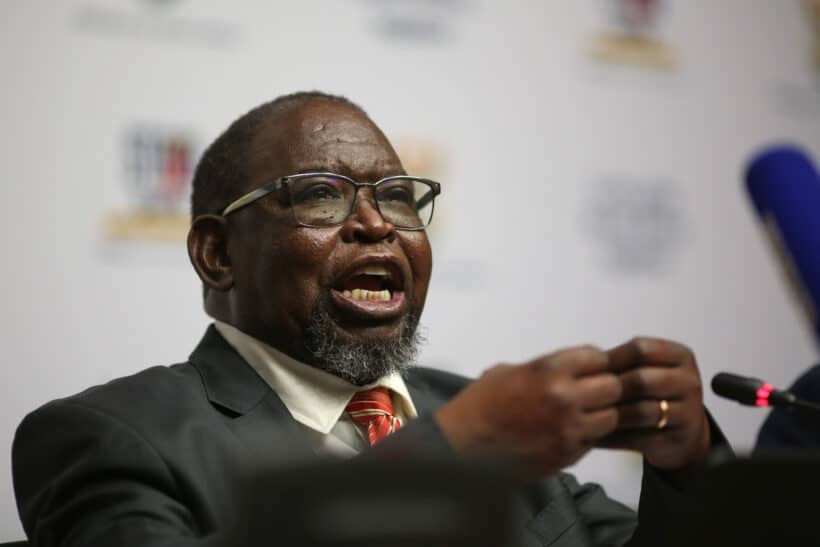
CAPE TOWN, Oct 30 (Reuters) – South Africa’s government on Wednesday forecast wider budget deficits and higher debt over the next three years, even as it anticipated better growth prospects due to improved electricity supply.
In the first budget review since the African National Congress (ANC) lost its ruling majority and formed a coalition government, the National Treasury said it saw the consolidated deficit at 5.0% of national output in the fiscal year that ends in March 2025, wider than the 4.5% deficit forecast in February.
For next fiscal year, the Treasury now sees a budget deficit of 4.3% of gross domestic product (GDP), up from a previous forecast of 3.7%.
The projections were worse than expected in a Reuters poll published last week. Economists in that poll predicted that the Treasury would announce a narrower 2024/25 deficit forecast of 4.4% and of 3.9% for 2025/26.
The rand currency turned weaker against the U.S. dollar after the new projections were announced.
The Treasury said in its Medium Term Budget Policy Statementthat “fiscal consolidation measures have limited, but not prevented, the widening of budget deficits and debt”.
Revenue collection is expected to be hit by a decline in fuel levy and import value-added tax collections, among other things, it said.
“In the absence of faster growth and in the face of external risks, tax revenue will remain under pressure, forcing us to make difficult decisions,” Finance Minister Enoch Godongwana said.
South Africa’s gross debt is now seen stabilising at 75.5% of GDP in 2025/26.
The economy is expected to expand by 1.1% this year, down from a February estimate of 1.3%. Growth is expected to come in at 1.7% in 2025, versus a previous forecast of 1.6%.
INFRASTRUCTURE FOCUS
Africa’s most industrialised economy has struggled to grow for more than a decade, constrained by inefficiencies at state power utility Eskom and port and freight rail operator Transnet.
The Treasury said the medium-term growth prospects were improving thanks to a suspension of rolling power blackouts and improved investor confidence following the formation of the coalition government in June, though lingering logistics bottlenecks remained a concern.
President Cyril Ramaphosa has touted infrastructure development as key to economic growth.
The Treasury said the government aimed to transform its approach to public sector infrastructure by doing more to attract private sector participation, including a focus on exploring alternative financing mechanisms.
(Reporting by Kopano Gumbi and Wendell Roelf in Cape Town, and Olivia Kumwenda-Mtambo and Tannur Anders in Pretoria;Additional reporting by Bhargav Acharya in Johannesburg;Writing by Olivia Kumwenda-Mtambo;Editing by Alexander Winning)

